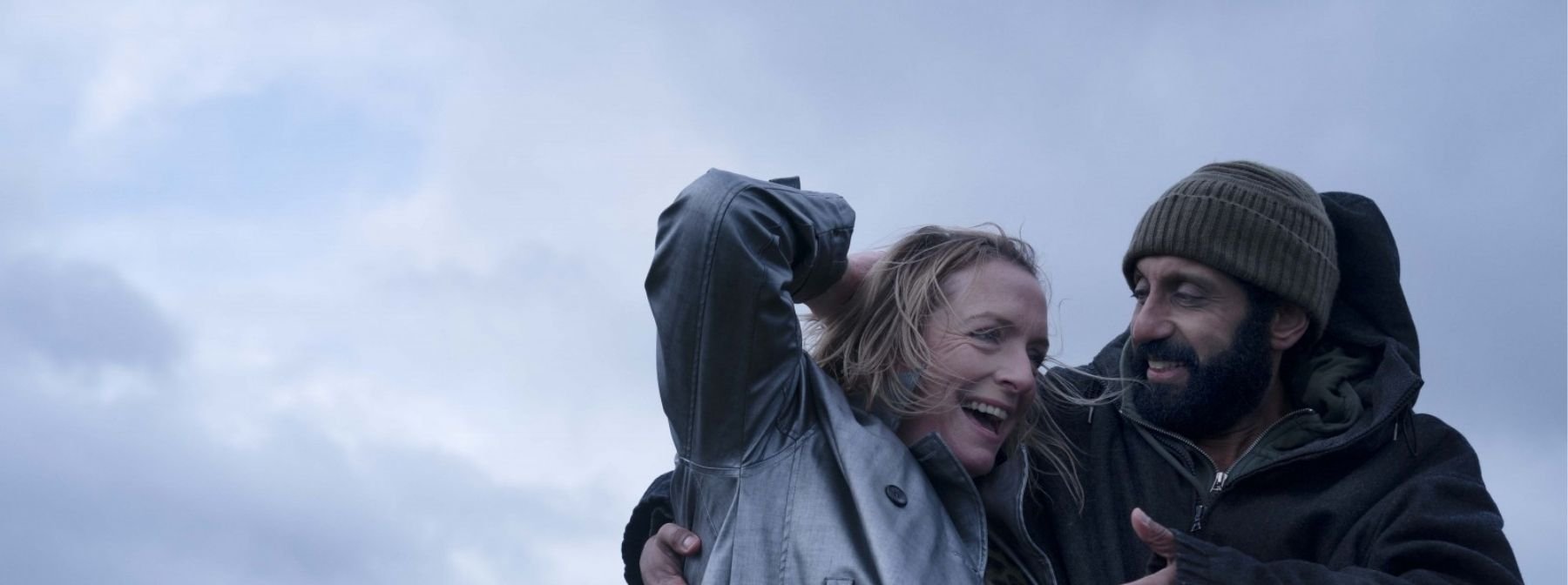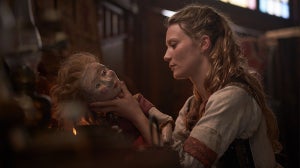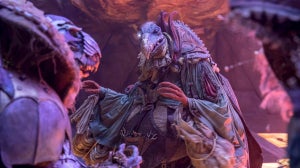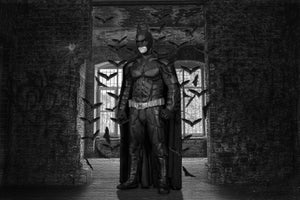
For her latest film, the concluding entry in a loosely themed 'Bradford trilogy', director Clio Barnard strived to make the exact opposite.
This was to be a celebration of two people she got to know while making her previous movies (2010’s The Arbor and 2013’s The Selfish Giant) in the city.

In real life, they’re former DJ turned landlord Moey and teacher Rio - but here, they’re Ali and Ava.
“I just wanted to celebrate these two lives you never get to see on the big screen”, Barnard explained to Zavvi.
“I’ve known them both for so long, so when I started having the idea for the film it was all informal; sitting in their kitchens for a chat, going with Moey to visit his tenants, and just talking at length, which generated a seed of an idea - just a page or two about what the story could be.”
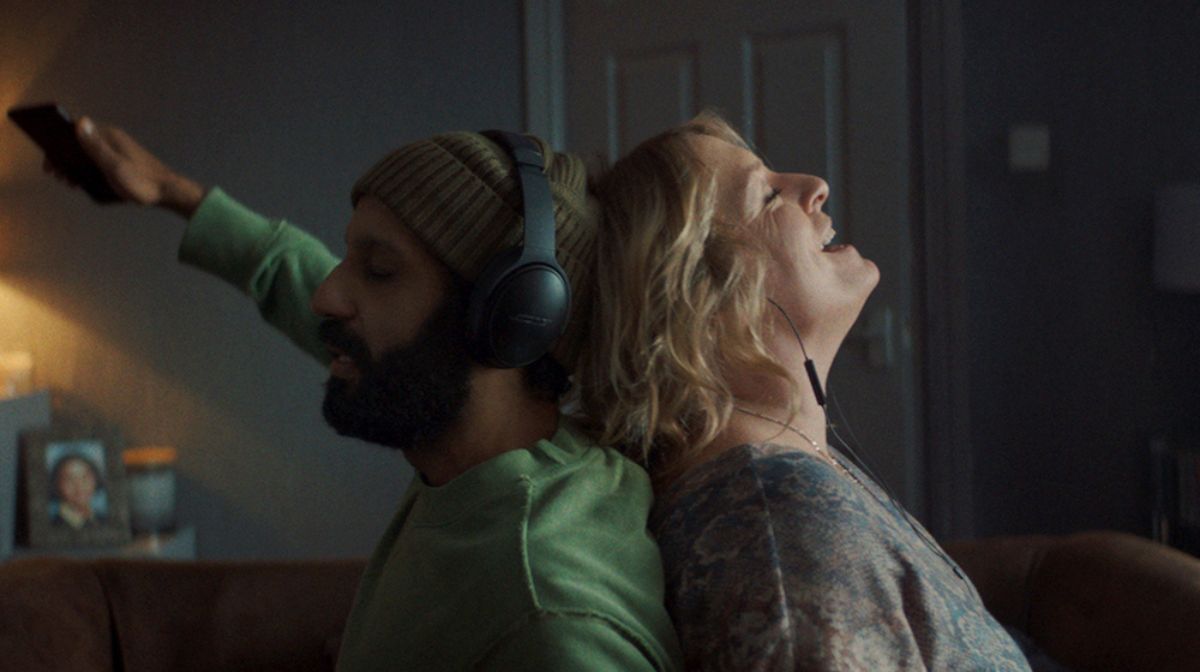
These early conversations took place in 2016, with actor Adeel Akhtar involved from the initial stages. The pair began workshopping the screenplay, with Akhtar being interviewed in character as Ali before he had even met the people these characters would be based on.
One of the most important creative decisions was made here - how the film would address the differing cultural and racial backgrounds of the couple. Barnard is motivated by telling stories that highlight harmonious communities, contradicting negative headlines in the media, but lingering tensions couldn’t be ignored in a story about their blossoming relationship.
“As the script was being written, we discussed how much we wanted to lean into racial tensions between communities, and if so, how subtle do we make it”, Akhtar explained. “We used music as a metaphor to show how there’s more connecting us than there is dividing us.
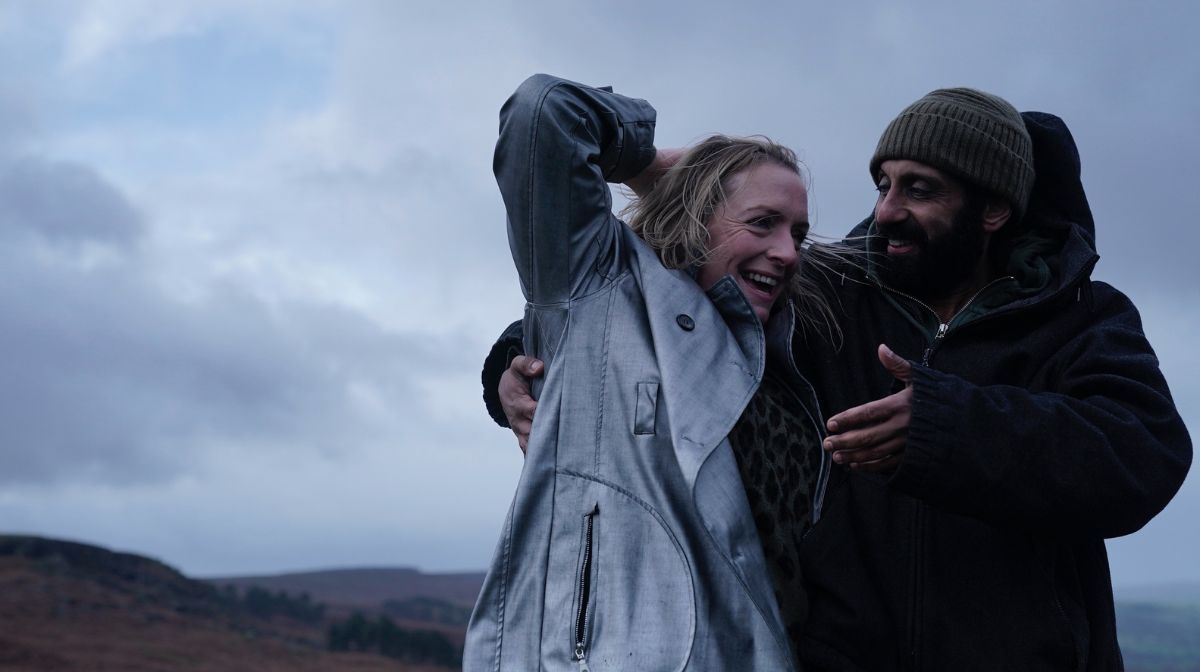
"People coming together and listening to a song, and having communion through that - we’re all in our own worlds, but if we’re listening to the same tune, we have a moment of connection, and we used that as a means of approaching larger divides. It’s a testament to Clio that this aspect was woven into the fabric of the film.
"It’s a story about real people, grounded in real life, but the power of music gives it this dreamlike, escapist quality.”
“The film does explore the racism within Ava’s own family”, Barnard added. “I wanted the story to confront this, but also honour what is going on internally with both of these characters, with wider ranging barriers that are stopping them from falling in love.”
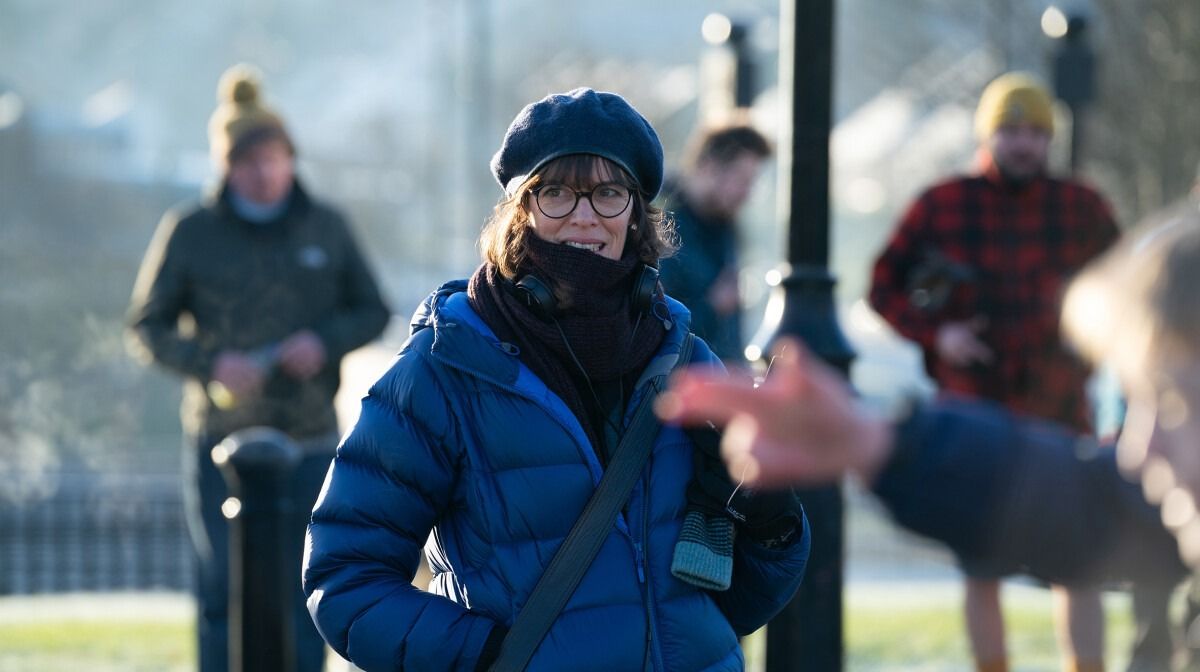
One of the reasons the film has been winning people over is because this is the kind of love story rarely told - offering a unique opportunity for both actors to play romantic leads.
“I think Ali & Ava works so well because it challenges the audience’s preconception of what a relationship drama can be”, Akhtar continued. “These are two characters that you’d never usually know much about, and their story is told in such a non-traditional way.”
Akhtar’s co-star Claire Rushbrook also relished the rare opportunity, joking that it was “about time” that she was considered to lead a romantic drama.

“We’re surrounded by ordinary people who have extraordinary stories”, she added. “I love all those other romantic movies as much as everybody else does, but to tell a story like this, rooted in real people’s lives, was very special.
"Because of the nature of those involved, Clio being so unassuming and Adeel being modest, it was a very intimate experience where we found trust in each other early on - knowing that we could tell a type of story you rarely see as honestly as we could.”
But that isn’t the only part of Ali & Ava that feels refreshing, and is far from the only thing Rushbrook responded to in regards to her character.
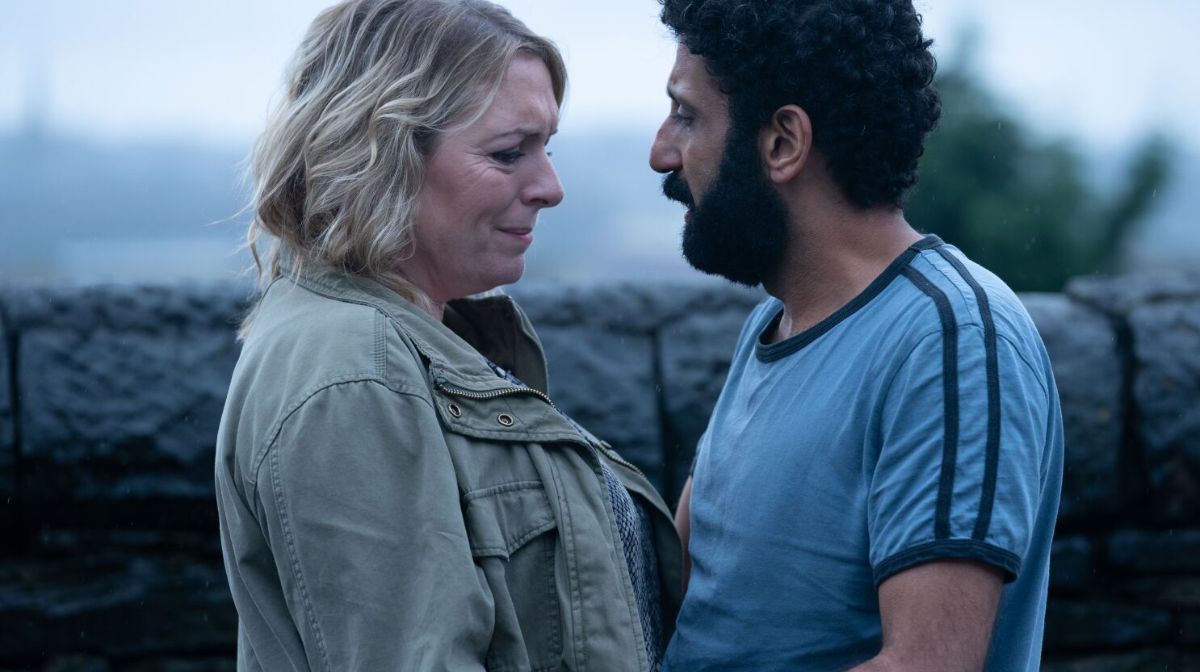
“I thought Clio had written a woman I rarely see in film, and one I really identified with”, she continued. “It’s a cliché to talk about women over the age of 50 who are juggling their home life, children, elderly relatives, and work, all at the expense of their own desires and dreams.
"What appealed to me was having this character not be in a kitchen sink drama, but a story full of life and love. It acknowledges what so many women go through, but in a way that’s refreshing.”
Rushbrook joined the film many years after Akhtar, when there was a completed script. The actress then found herself welcomed with open arms when she headed up north to start rehearsals.
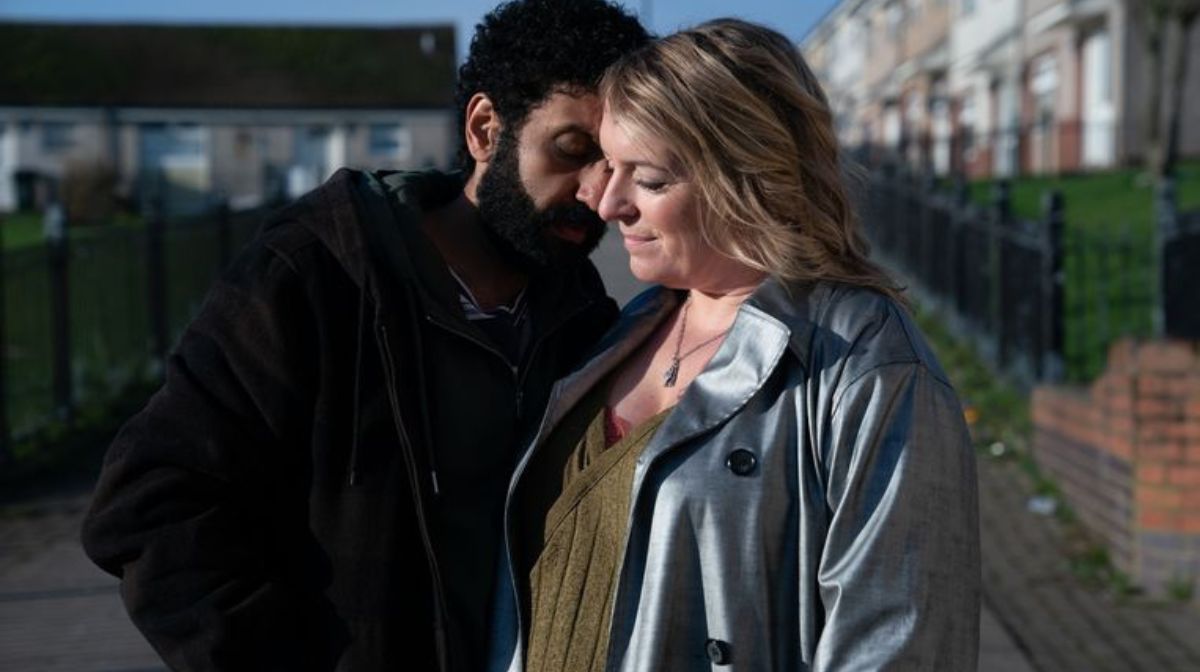
“The larger community, and more specifically the people who inspired Clio to write it, were unfailingly warm and welcoming, as well as honest in their pride about this story being told. I met Rio first - she welcomed me into her home, and I was glad to have that opportunity to go to someone’s house and chill out after a week of rehearsing!
"I wanted to get to know her and do her justice. So, although I had to train to do the Yorkshire accent, the warmth and encouragement I got from those around me gave me the support I needed."
Both actors were initially daunted by the task of achieving “authenticity” - being southerners adapting to a realistic Yorkshire landscape, and in developing a believable romantic chemistry.
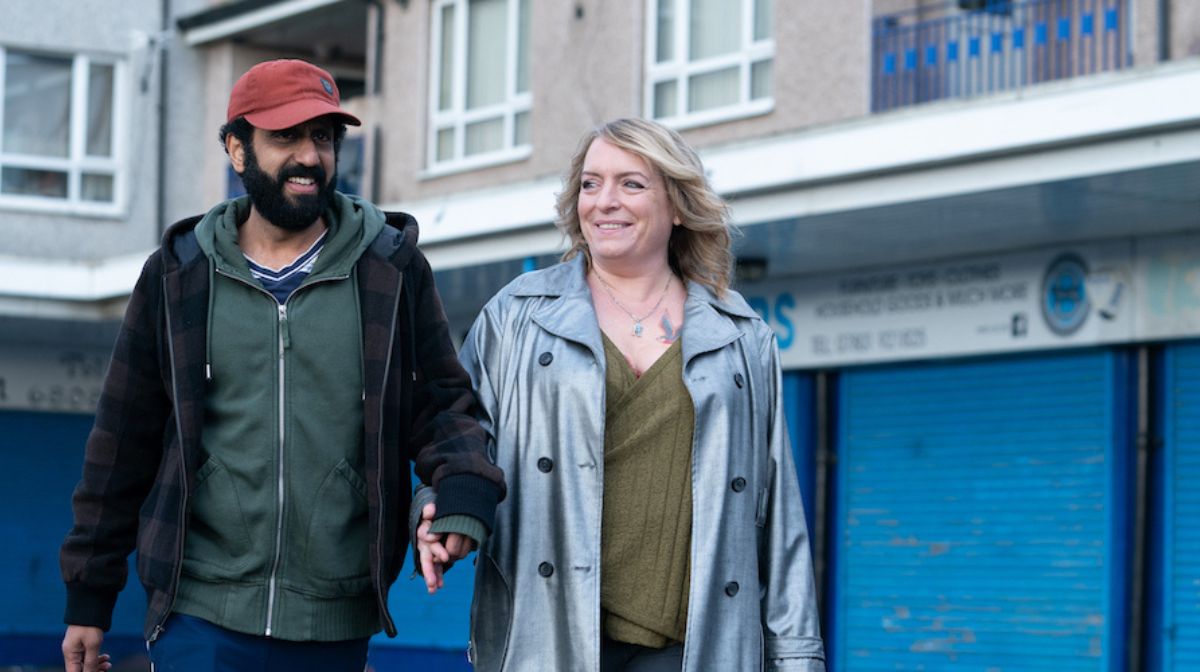
“It’s quite cringe, but it was clear from when I started to work with Adeel there were all the ingredients for that to take off”, Rushbrook continued. “But we knew we couldn’t analyse or discuss it, just preserve the chemistry that Clio found in us.
"We had to trust each other implicitly and keep our relationship playful; it wasn’t easy, of course, but there was an easy chemistry that translates into the finished film.”
“It’s a massive pressure to acclimatise to this setting a world away from your own”, Akhtar added. “You can either do one of two things; burrow into the details and the nuances of the accent, or just let it go and trust the work.
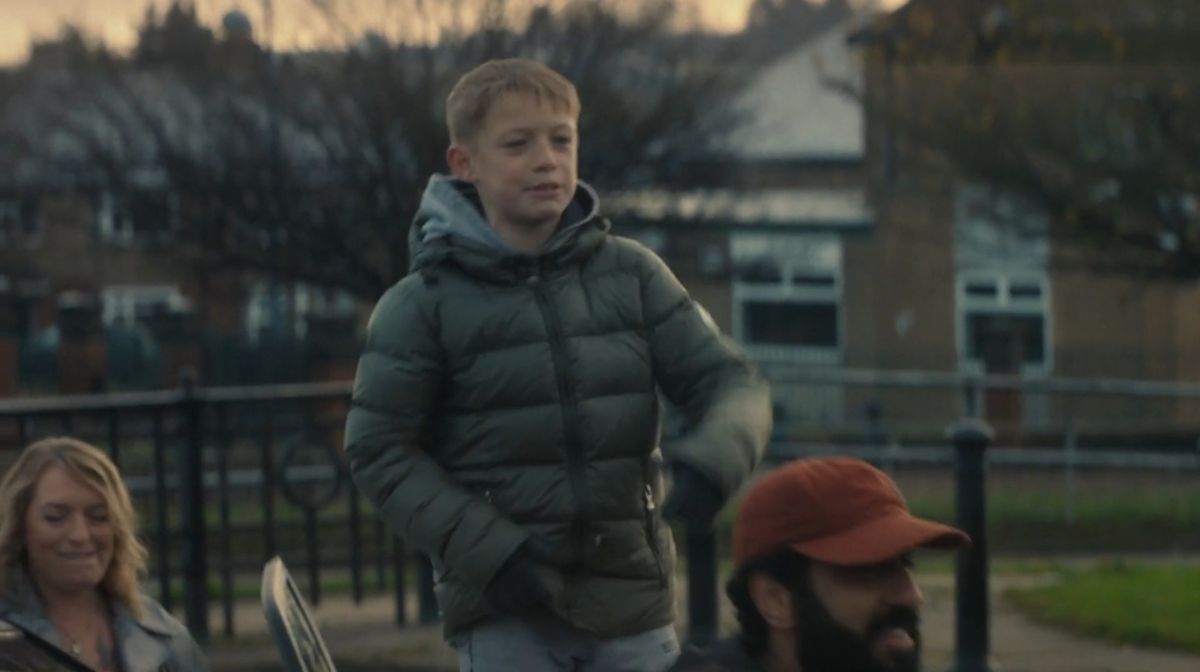
"This was the scariest thing about making the film - making sure my performance felt authentic to the setting was the only time I felt any pressure.
“The direction Clio gave us allowed us to work things out as the camera was running. That level of immediacy is always freeing - you can only think about yourself in the moment.
"I felt like I couldn’t put a foot wrong with her directing me. At first you think it’s a safety net, then you realise there’s no net because there’s no danger - you’re free to discover new things about these characters day to day.”
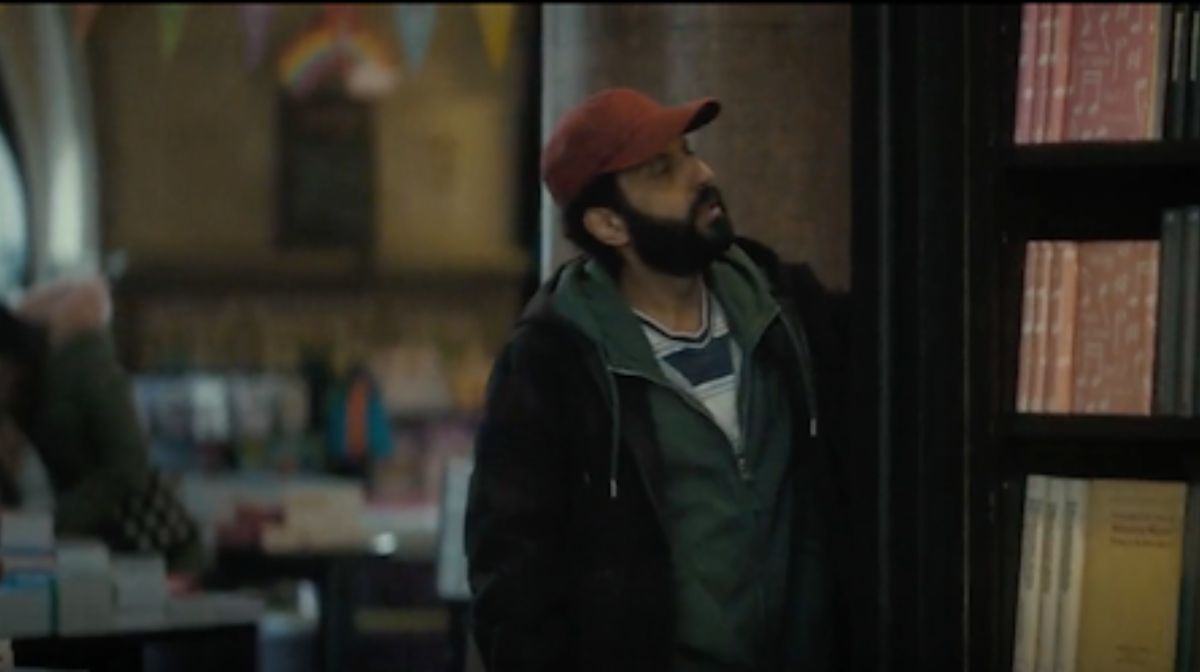
Barnard couldn’t be happier with this concluding chapter in her Bradford trilogy. She first fell in love with the city in 2008, when she started production on The Arbor - her experimental biopic on the playwright Andrea Dunbar - but there are other reasons she keeps coming back.
“I think there might be a romantic reason why I keep making films there. I had my first kiss behind the DJ booth at Bradford Ice Rink when I was 14; a guy whisked me off the ice, kissed me, and then skated off again.
"It was very exciting and romantic, so Bradford has always seemed like this romantic place to me. I should have written it into the film!
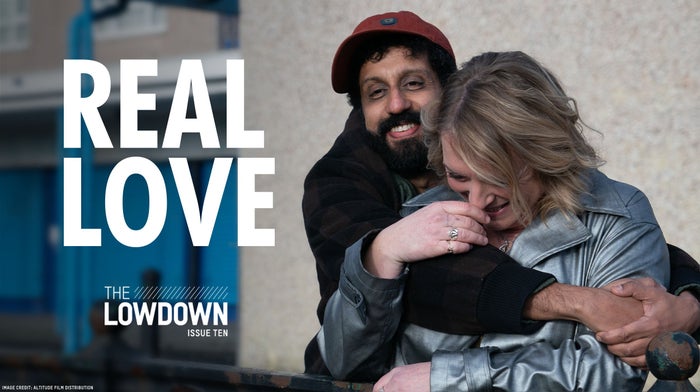
“I can imagine making a film outside of Bradford, but it was very important to me to make this trilogy, as I truly love that part of the world. I had a break in between to make Dark River as I wanted to try something different - but the city was still calling me, and I knew I needed to make something celebrating the people there who I know and love.”
It may be a love letter to the city and people of Bradford, but no matter where you are, it’ll be hard not to adore Ali & Ava.
Ali & Ava is out now in UK cinemas.
For all things pop culture, follow us on Facebook, Instagram, Twitter and TikTok.

